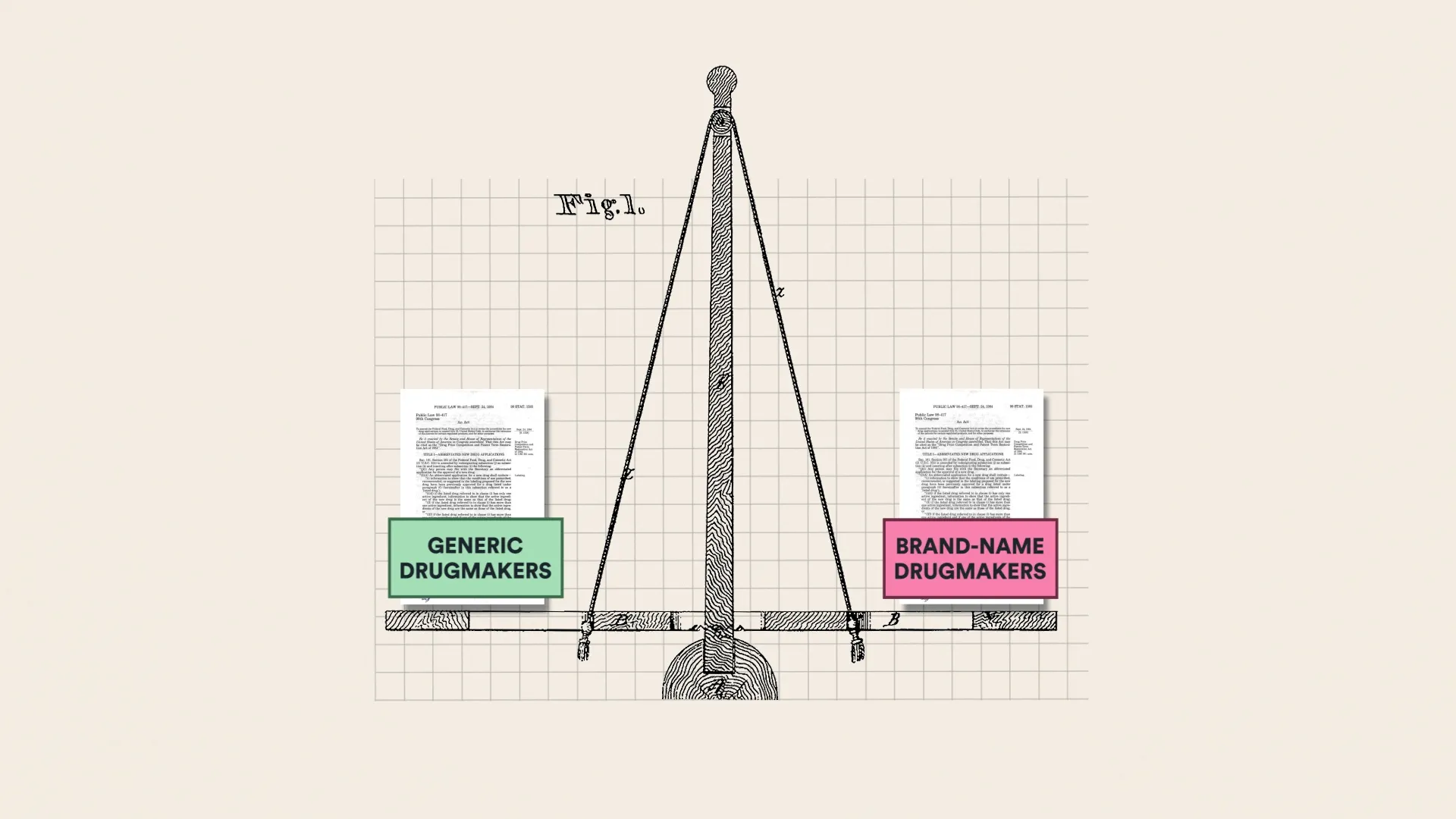Drug Costs and Patents: Analyzing Their Effects on Drug Pricing Policy

Drug Costs and Their Implications
Drug costs are a critical concern in healthcare, affecting both patients and providers. The role of drug patents in determining these costs cannot be overstated. The Hatch-Waxman Act, a pivotal piece of legislation, was designed to balance the interests of brand-name drug manufacturers and generic producers.
Examining the Hatch-Waxman Act
The Hatch-Waxman Act allows for extended patent protection for brand-name drugs, which can lead to higher overall drug costs. While it facilitates the entry of generic drugs into the market, there are limitations on its effectiveness in controlling prices.
- Policy Implications: Understanding drug patents aids in shaping more effective pricing policies.
- Access to Medications: High drug costs often restrict access to essential medications.
Future Directions in Drug Pricing Policy
As debates on drug costs continue, policymakers must consider reforms that address drug pricing challenges. Engaging stakeholders from all sectors can lead to more effective solutions that ultimately improve patient access.
This article was prepared using information from open sources in accordance with the principles of Ethical Policy. The editorial team is not responsible for absolute accuracy, as it relies on data from the sources referenced.